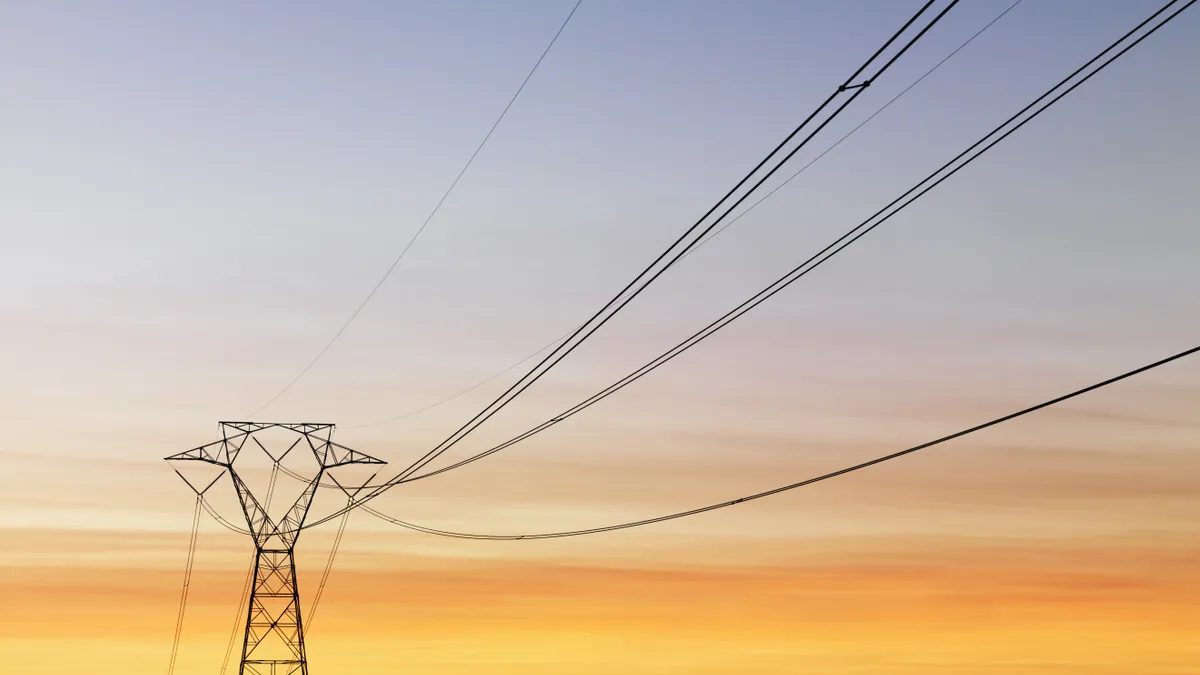Dive Brief:
- The New Hampshire Site Evaluation Committee (SEC) on Thursday declined to revisit a February decision rejecting the Northern Pass transmission project proposed by utility Eversource.
- In a 7-0 vote, the SEC ruled Eversource had not proved that the project would not "unduly interfere with the orderly development of the region," the Union Leader reports, prompting Eversource to threaten an appeal to the state Supreme Court.
- The denial of rehearing makes it more likely that Massachusetts will have to look at other projects to meet its clean energy goals. The state had planned on using Northern Pass to import hydroelectricity from Canada, but in March began negotiations with Central Maine Power to develop an alternative line.
Dive Insight:
The SEC's unanimous decision leaves Eversource with one last path to save its 192-mile transmission line: the state Supreme Court.
A company spokesperson told the Union Leader that option is likely, but is one the company only takes "when we have a strong conviction and confidence we will prevail."
The SEC rejected the project in early February after outcry from local residents, who worried the transmission line would sully New Hampshire's prized forests. Eversource argued major portions of the line would be buried, but failed to convince the commission it would not have adverse impacts on the region.
The decision makes it more likely that Massachusetts will move forward with an alternative project to meet the goals of the Global Warming Solutions Act, passed in 2008, that mandated the purchase of 9.4 TWh of zero-carbon electricity annually for up to 20 years.
Massachusetts in January selected Northern Pass to supply that power from hydro generation in Quebec, but in March shifted its strategy following the SEC's rejection.
The state is now in discussions with Central Maine Power to develop its New England Clean Energy Connect project, a $950 million transmission line that would also import hydropower from the Canadian province.
The Clean Energy Connect project would add 1,200 MW of transmission capacity to ISO-New England. CMP submitted state and federal permit applications in mid-2017 and hopes to receive state approvals by early 2019.













